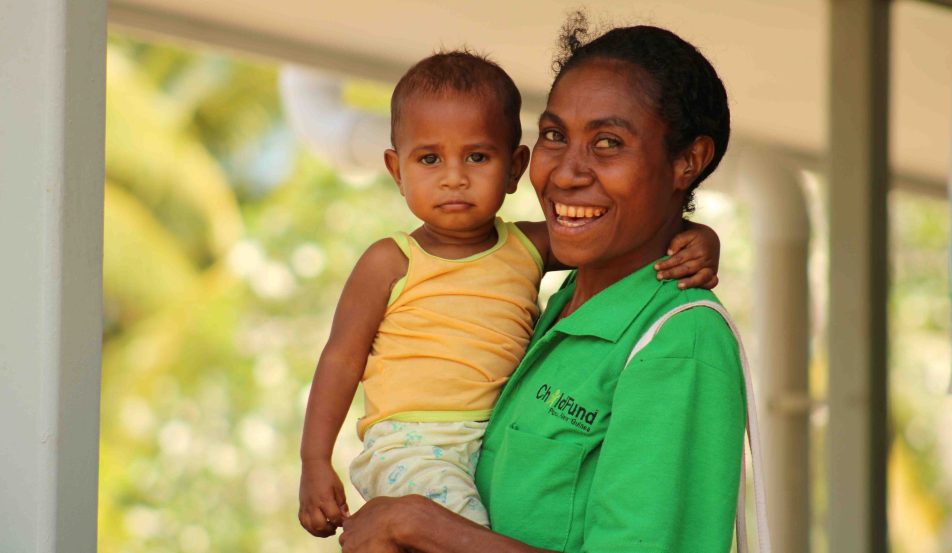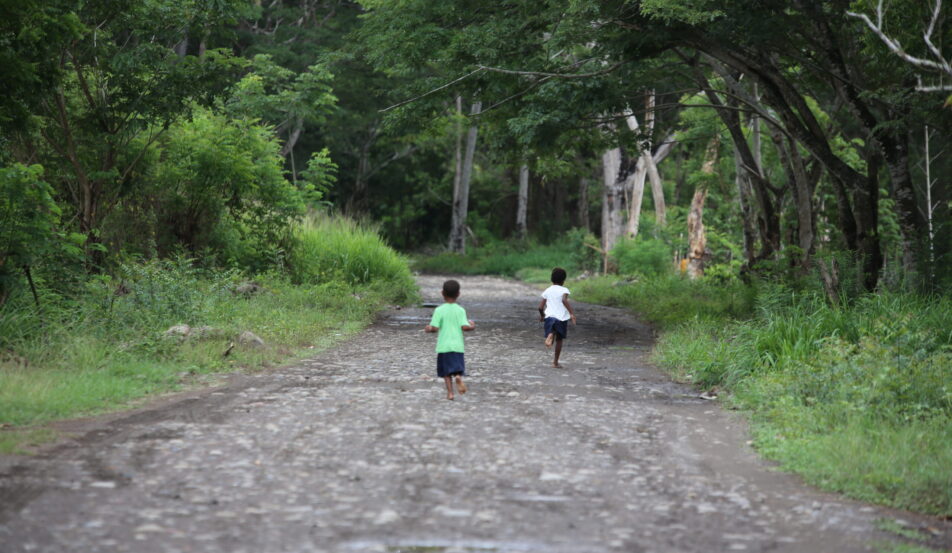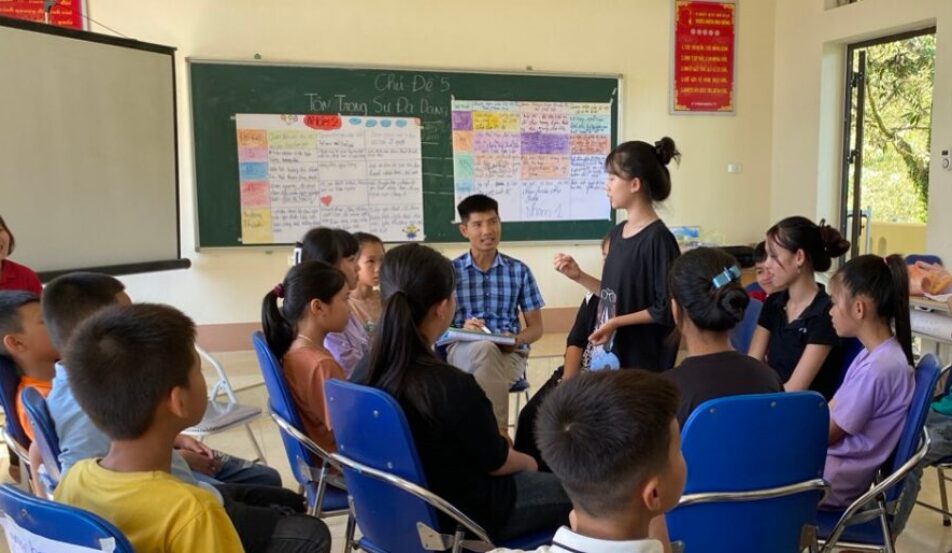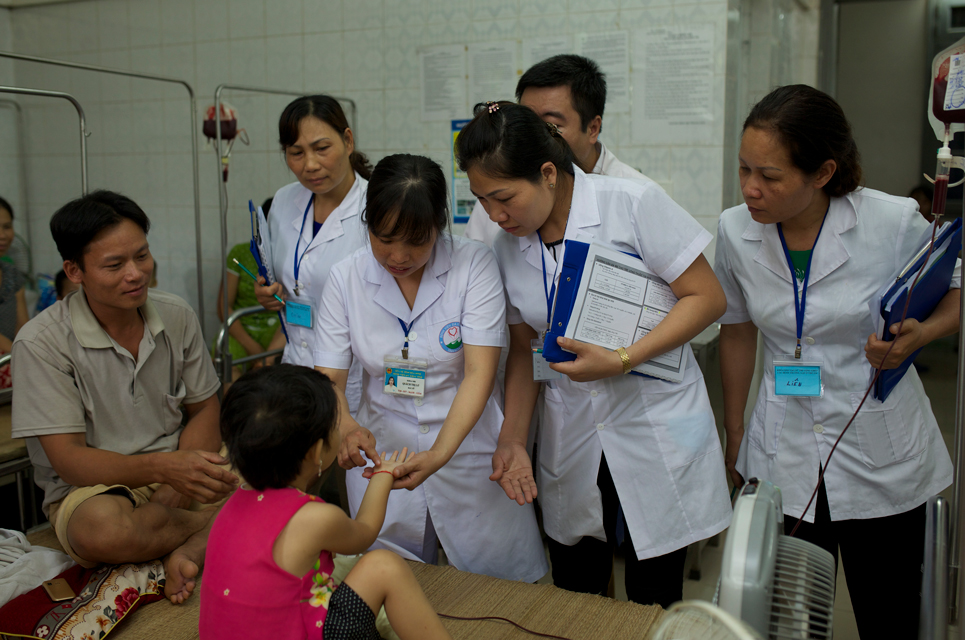After the workshop, Tu and other 11 communal and district health staff learned how to diagnose, treat and categorise illnesses. “I feel more confident that I can recognise symptoms and recommend a treatment regimen,” Tu says.
Local health workers like Tu will play a key role in reducing the number of newborn deaths, according to Huyen, who was a trainer at the sessions.
“Learning about IMCI is very important for health staff at the grassroots level to enhance their professional knowledge and skills to help manage child illness,” she says.
“It can help reduce time and expenses for treatment, especially the negative effects for children due to late delivery or improper treatment.”
In December 2016, ChildFund supported Tu’s commune health centre by building a new ten-room facility and providing essential medical equipment such as oxygen generators.
Tu and her colleagues also organised training sessions about IMCI to spread their knowledge and skills to improve the performance of the health centre.
“By improving the child healthcare services at the centre, I hope that the centre will be a reliable place for parents to take their children to when needed,” Tu says.
“It can help children develop well in a supportive community with quality healthcare services.”



































